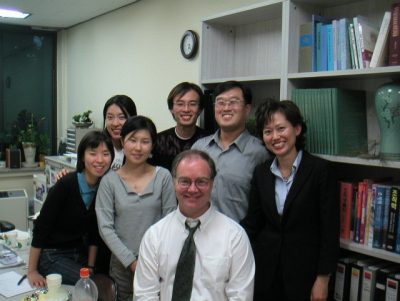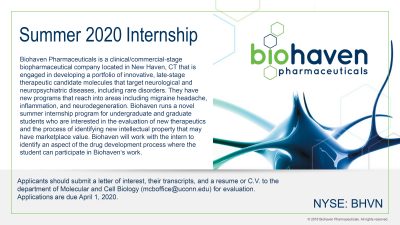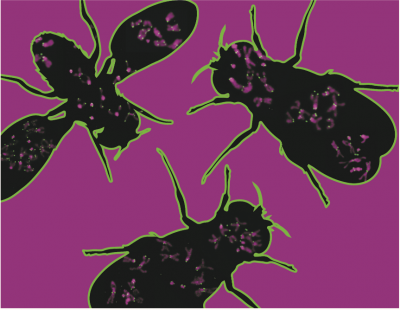Dr. Jeehee Youn, who earned her Ph.D. in Michael Lynes’ laboratory in 1996, was recently elected President of the Korean Association of Immunologists (KAI) for 2021. She currently serves as vice president of that scientific society. Dr. Youn is shown here at the far right in a photo of her lab group during a visit by Dr. Lynes to Hanyang University in Seoul, Korea.


